How Can I Improve my RV's Gas/Fuel Mileage?
If you've filled your RV's tank lately, you probably noticed that it ain't cheap - and worse, it doesn't get you as far as you may like. It's not uncommon to see gas mileage as low as single digits, and there's a lot of contributing factors to this poor gas mileage. There's not much that can be done about an RV's large, heavy, un-aerodynamic form, but there's a couple places where you can make improvements to get more miles per gallon. Remember, you can boost your gas mileage by as much as 20% just by getting a fraction of a mile per gallon more.
Weight
Weight will obviously drag your gas mileage down, and RVs have lots of it to go around. It can be tempting to over pack (whether you're on a long trip or a short trip), but that isn't going to help your gas mileage - plus, it's going to clutter up an already small space.
Don't skimp on the essentials like your fire extinguishers or toolkit, but cutting down in other areas could make a difference. Determining what to pack can be trying on even the best of marriages, but if you can come to some compromises it will certainly help your gas mileage. Some tips might be to only pack essential kitchen appliances and cookware, or using an e-reader instead of collecting books. Do you need 15 pairs of socks? Do you need place settings for 10? Do you need 5 screw drivers? Reduce the extra stuff! Also, renting certain outdoor gear instead of hauling it could be more effective and save you valuable space on your vehicle. You can also lose a lot of weight by making sure your tanks are empty or at least to a minimum level that you may need.
While you're setting up your RV, and when you break it down, take the time to examine your tires.
Tire Pressure
Managing your tire pressure is important maintenance, and one of the areas where you can get the biggest increase to your miles per gallon. Keeping your tires at their appropriate pressures requires a lot of attentiveness. You can take the stress out of this chore by using a wireless electronic tire pressure monitoring system. We recommend the TST TPMS.
You simply install individual tire sensors on each tire, and these sensors will then report to a wireless, rechargeable display that is easily mounted inside of your RV. You'll be able to conveniently keep an eye on all your pressures to maximize gas mileage and be one step ahead of tire failure to boot. You can even monitor a tow vehicle simultaneously. Running tires at incorrect pressures can damage more than just your gas mileage; it is a safety hazard, so watch them carefully. Tires that have been run at low pressure should be inspected immediately, even after correcting the pressure. It’s better to be safe than sorry, so consider an electronic monitoring system if you find yourself forgetting to check them before each trip.
Speed and Driving Habits
Driving habits can also be a negative contributor to your gas mileage. Be careful to accelerate at a reasonable rate, and no fast starts. You are not in a Nascar race, so take your time, drive the speed limit, or less if you can do so safely, and watch your gas mileage improve with slower, steady driving habits. Driving at 55-60 will produce better gas mileage than driving at 65-70. What’s the hurry anyway? We all chose this lifestyle to relax more and enjoy the journey, not just the destination.
Engine Maintenance
Lastly, be sure to get your engine serviced periodically. An engine in need of maintenance is an engine that’s not being as efficient with your fuel as it could be. If you ever notice a change in your RV’s handling, or new sounds while driving, be sure to get them checked as soon as possible. Is your RV trying to suck air through a dirty air filter? Are you due for some new spark plugs and wires? These are all fuel robbing issues if left unresolved. Your RV is more than just a vehicle, so take extra care to keep it in good running shape. Every penny spent maintaining it is potentially a dollar saved in repairs down the road, and that’s a dollar that would be better spent on experiences for you and your family.


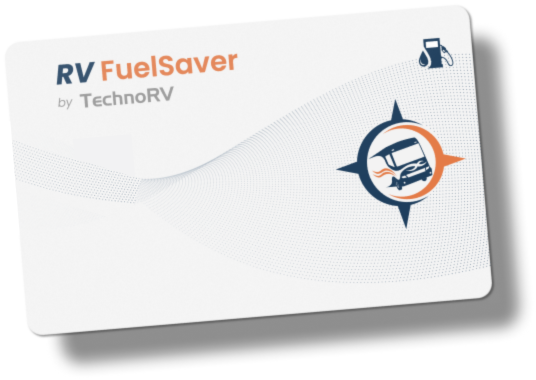
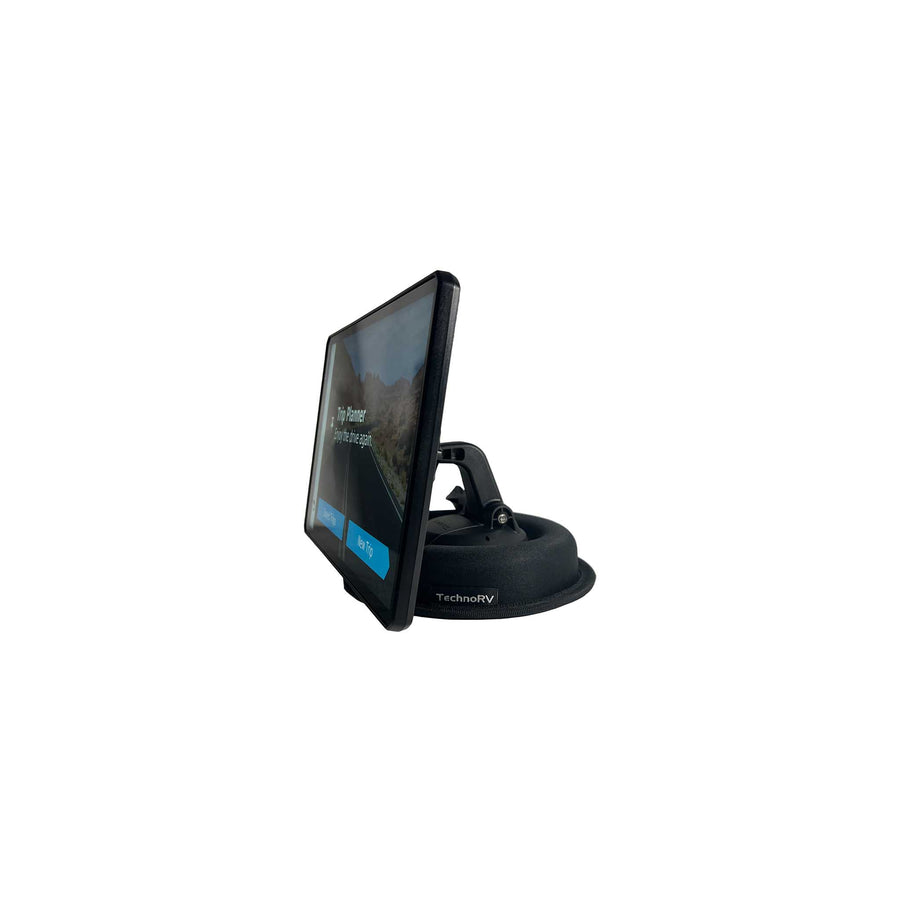
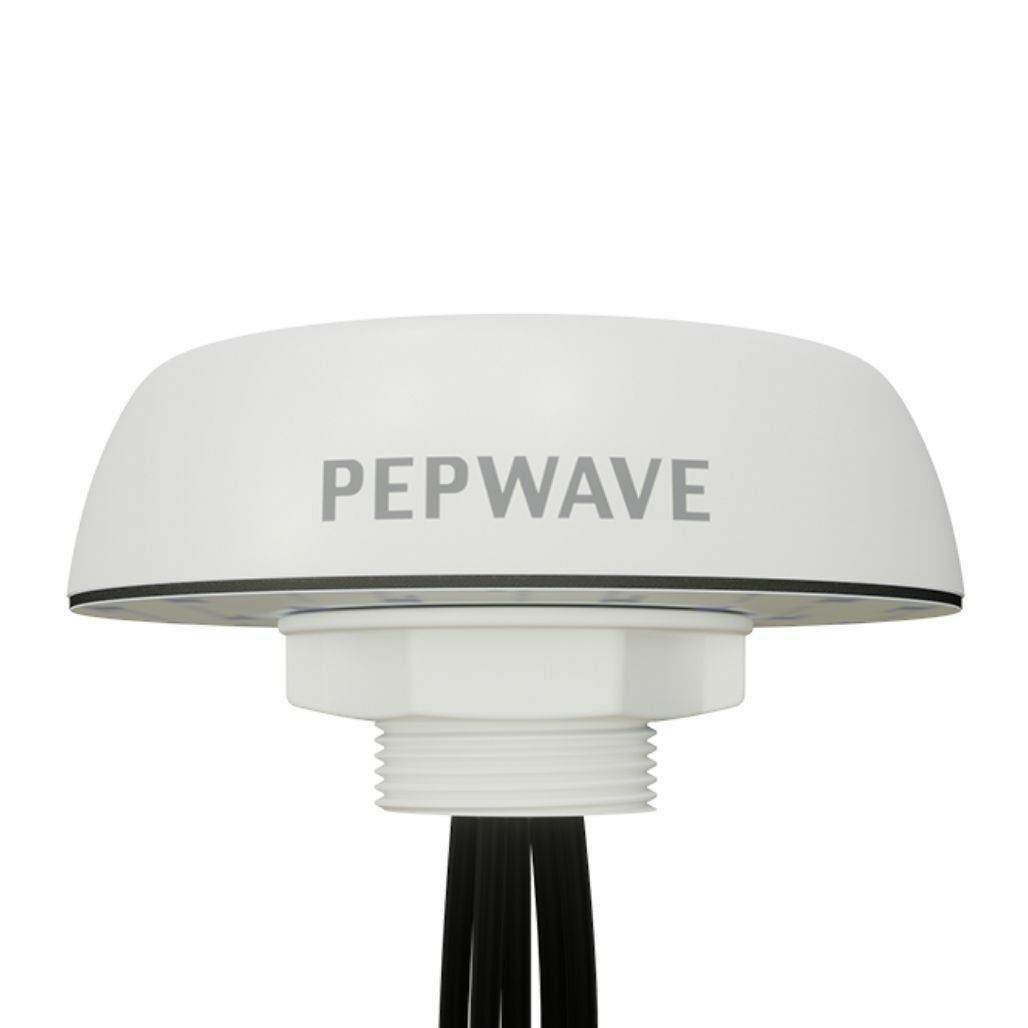

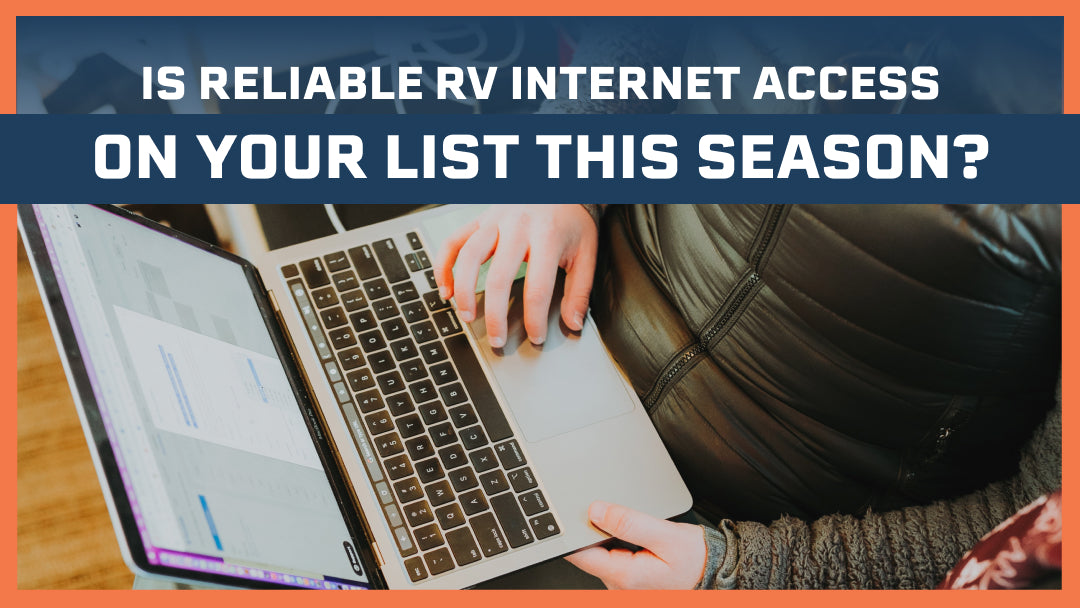
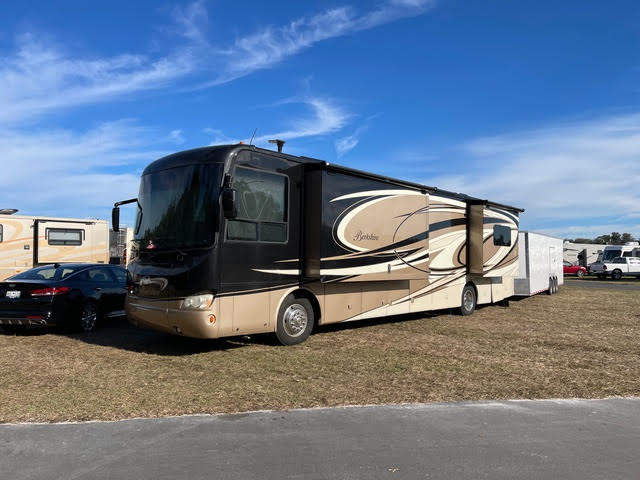
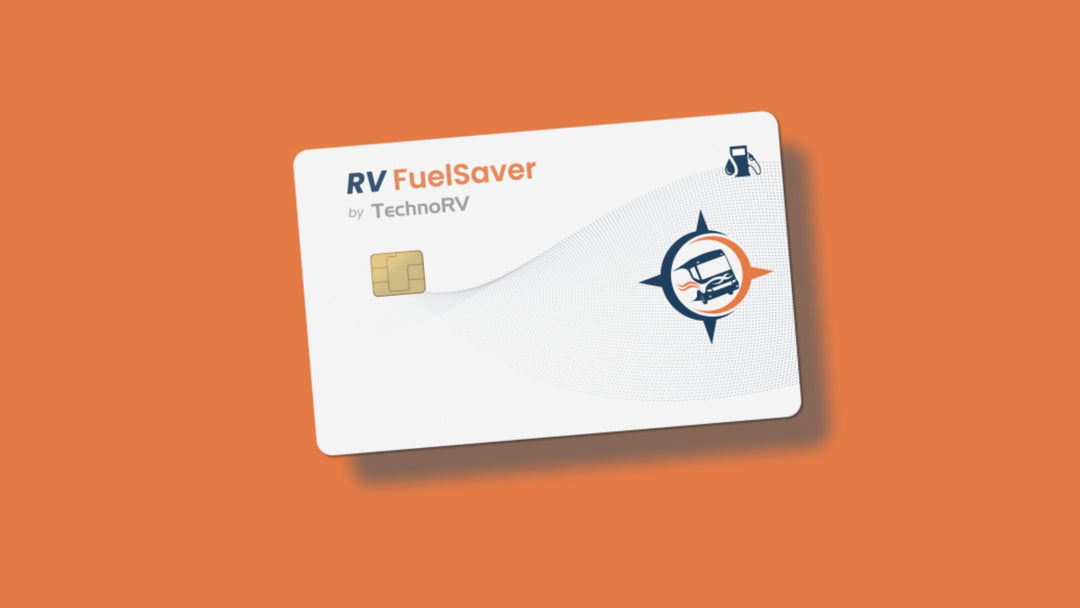
Leave a comment